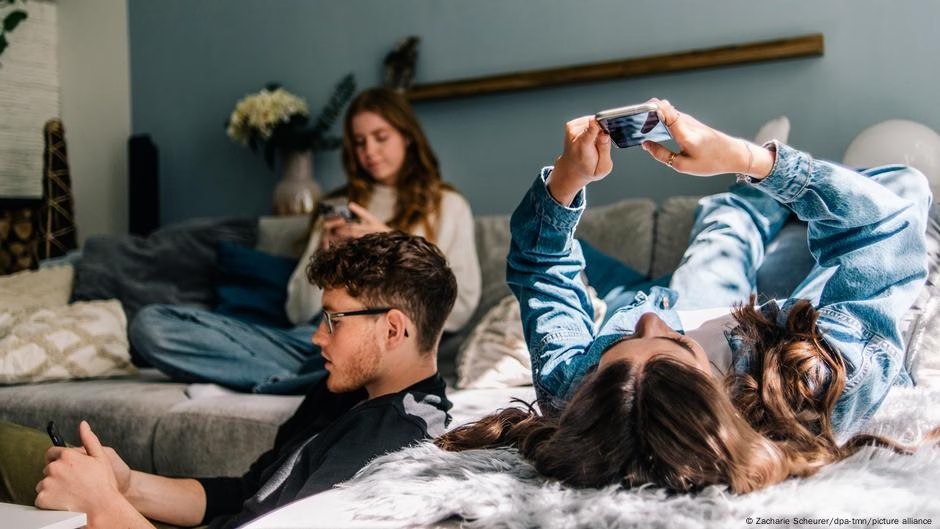“Swap screen time for real time” is the catchphrase adopted by The Offline Club, founded by three Dutch entrepreneurs, Ilya Kneppelhout, Jordy van Bennekom, and Valentijn Klok.
The trio’s objective is to foster an experience where people engage in real-world communities and authentic offline interactions. Their quest is to reconnect people to themselves and to each other.
For the past year, Iliy, Jordy, and Valentijn have been orchestrating meetups that strict a no-smartphone policy. “Are you ready to ditch your phone?” is how they question on Instagram.
There’s a growing trend where people are willing to tune off their phones, at least during these organized meetups.
Instead of scrolling through devices, attendees opt to read, participate in games, indulge in arts and crafts, or simply relax for hours. Workshops, termed Digital Detox Retreats, extend over several days.
The Offline Club envisions the future where phone-free spaces and offline communities become the standard practice, as stated on their website.
The Dutch concept is now spreading across the globe. After starting in Amsterdam, the movement has reached cities like London, Paris, Milan, and Copenhagen. Berlin has also seen its fair share of these gatherings. Moreover, there’s an increasing trend where restaurants and clubs encourage patrons to leave their cellphones behind.
Younger Generation’s Shift Online
The founders of The Offline Club have touched a nerve. Despite the features available to limit smartphone use, adolescents struggle to disconnect. The resurgence of the no-frills telephone has celebratory mentions on social networks yet fails to replace smartphones.
Figures from the German industry association Bitkom at the end of 2024 indicate that individuals aged 16-29 spend over three hours daily on their smartphones—likely even more than the recorded time. Bitkom reports show that this age group has the highest usage across all demographics.
Despite this, a significant percentage of young people wish to spend less time on their smartphones. A recent survey by the British Standards Institution (BSI) involving 1,293 individuals aged 16-21 found 70% experiencing discomfort linked to social media use. Half of the respondents preferred the idea of a “digital curfew” that restricted app and website access post-10 p.m., and 46% expressed a preference to grow up in a world without the internet.
The findings resonate with other surveys, like one conducted by Harris Polls at the end of 2024, which indicates many youngsters would rather TikTok, Instagram, or X had never existed.
Political Steps Towards Digital Regulation
In May 2025, British Technology Minister Peter Kyle suggested the potential implementation of mandatory curfews for social media usage. Norway is considering raising the social media age limit from 13 to 15. Australia has already paved the way, increasing the age limit to 16. Denmark has even stricter rules, nearly banning tablets and smartphones in schools.
Impact of Smartphone Use on Well-being
Excessive smartphone usage is linked to a range of mental health problems, including depression, anxiety, stress, sleep disorders, and addiction. A study published in BMC Medicine discovered that depressive symptoms can decrease by 27% following just three weeks of reduced smartphone use.
The Organisation for Economic Cooperation and Development (OECD) has noted significant deteriorations in young people’s mental health over the past 15 years, a trend amplified by the COVID-19 pandemic. However, the OECD has yet to confirm a direct link between these factors.
In response, The Offline Club founders are committed to expanding their reach with offline events sprouting in various cities. In April, London saw over 1,000 individuals switching off their phones and capturing smiles, setting a record that the club, of course, publicized on Instagram.

European Youth Shift Away From Smartphones – DW – May 25, 2025
On social media platform Instagram, The Offline Club boasts an impressive following of approximately 530,000 subscribers. This demographic presents quite an irony, given the club’s primary mission: encouraging individuals to take a conscious break from social media, including Instagram itself.







